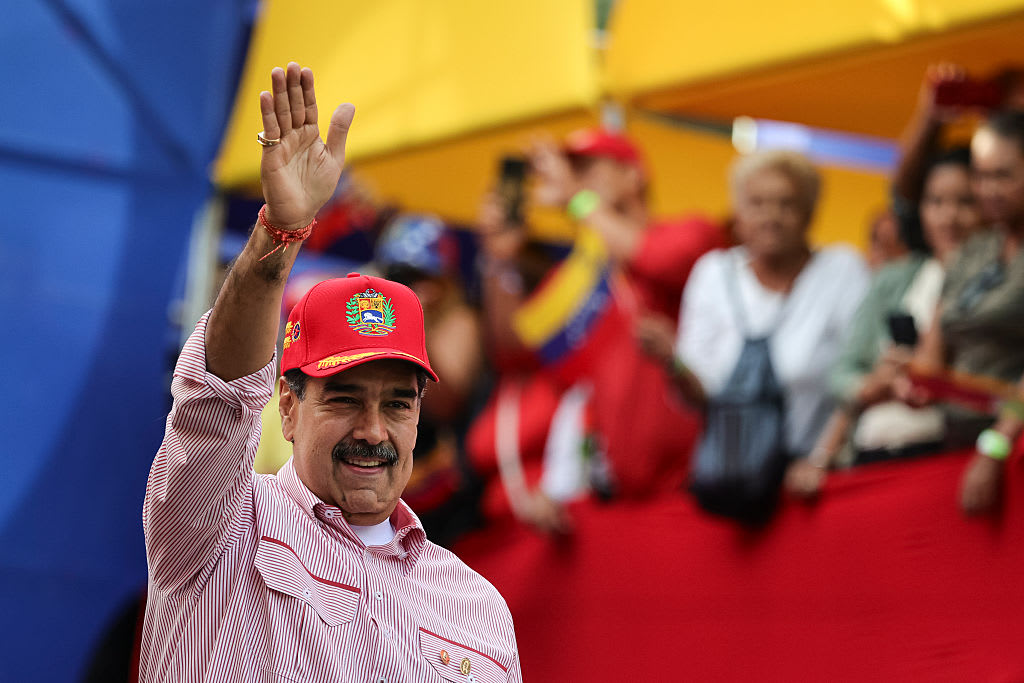Twitter yanks thousands of fake accounts originating in Iran, Russia and Venezuela
Social media giant Twitter said it has removed thousands of accounts believed to have ties to Iran, Russia and Venezuela as part of its aggressive campaign against malicious and suspicious accounts. In a blog post from Twitter's head of site integrity, Twitter said it removed the accounts for spreading disinformation on its site in an effort to target the 2018 midterm elections.
Those removals marked the social media site's latest efforts to prevent disinformation campaigns similar to ones carried out by the Russian Internet Research Agency during the 2016 campaign to influence voters to support then-candidate Donald Trump.
The site maintains that while it identified "much less platform manipulation from bad-faith actors located abroad" compared to the 2016 effort, malicious accounts were found nonetheless.
"The majority of these accounts were proactively suspended in advance of Election Day due to the increasingly robust nature of our technology and internal tooling for identifying platform manipulation," wrote Carlos Monje Jr., Twitter's Director of Public Policy.
As was the case in 2016, those operating the accounts sowed division online and posted on key hot-button political issues during the 2018 midterm elections.
Twitter said in its most recent action, it removed 418 accounts originating in Russia, 764 accounts originating in Venezuela and 2,600 originating in Iran.
The move comes the same day that Facebook announced that it has removed multiple pages, groups and accounts engaged in "coordinated inauthentic behavior" on its site and on its photo-sharing platform, Instagram.
"This activity was directed from Iran, in some cases repurposing Iranian state media content, and engaged in coordinated inauthentic behavior targeting people across the world, although more heavily in the Middle East and South Asia," Nathaniel Gleicher, Head of Cybersecurity Policy, said during a call with reporters on Thursday.
"These were interconnected and localized operations, which used similar tactics by creating networks of accounts to mislead others about who they were and what they were doing," he said.
Facebook said the account removals were the direct result of an industry partnership with Twitter, which had previously identified similar content, flagged it to Facebook, and facilitated the latest purge of suspious accounts.
"This is an encouraging example of the type of collaboration we're working to build across the industry," said Gleicher said in a call with reporters.
It was not immediately clear what kind of content was being disseminated to U.S. audiences; Facebook indicated the main target regions were EU and the Middle East, but did not specify if any content focused on the nuclear deal or the Trump administration. It did say some content tended to focus on U.S. military engagement in overseas conflicts.
Facebook said it was investigating Twitter's reported removals and would "come back when we have something to announce," citing different investigatory policies and standards.
CBS News' Olivia Gazis contributed to this report.





